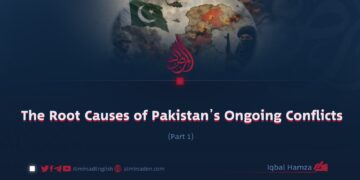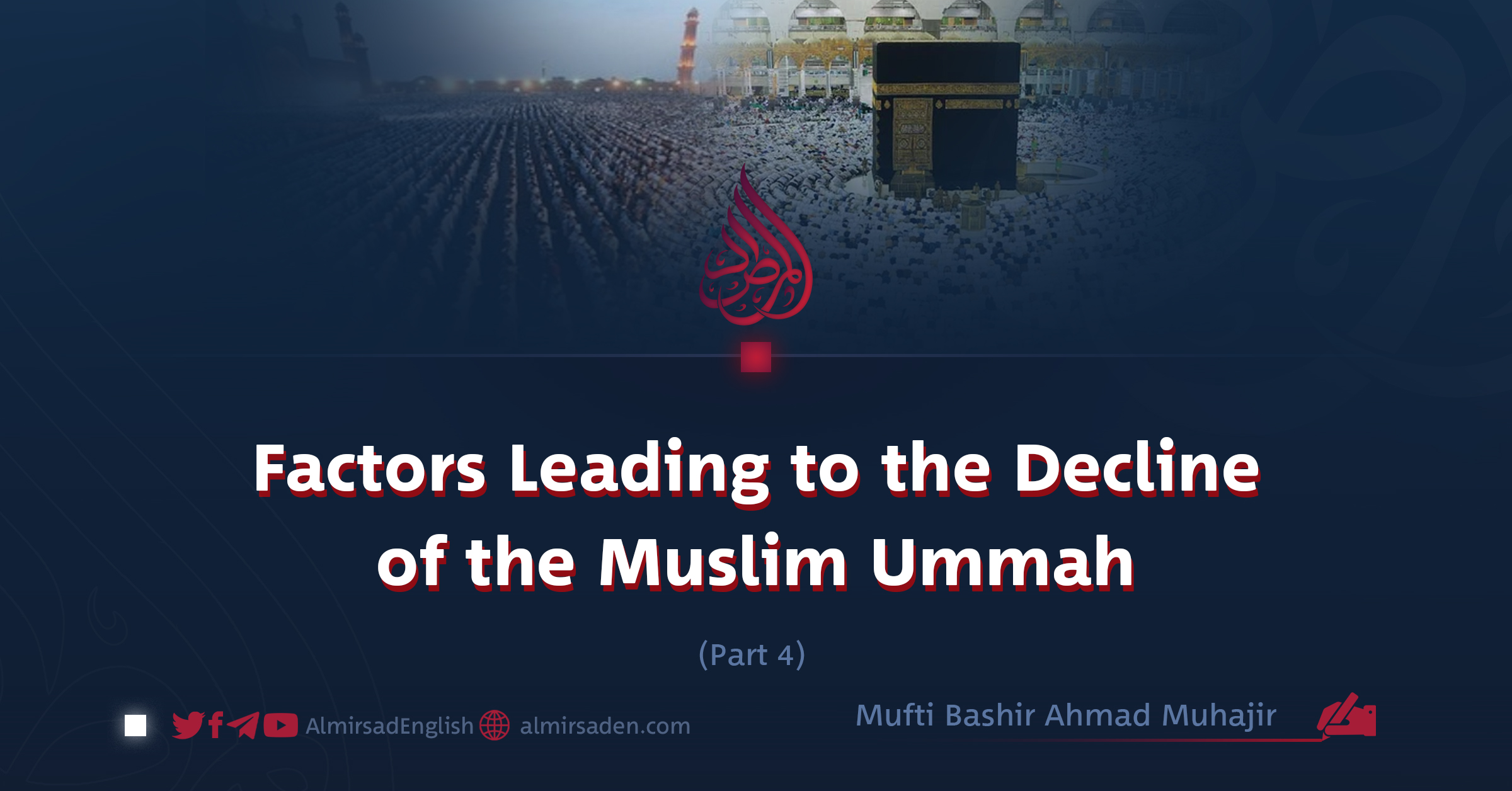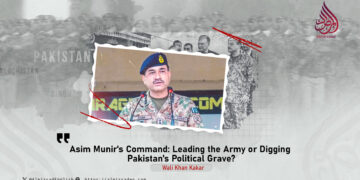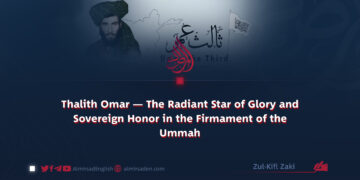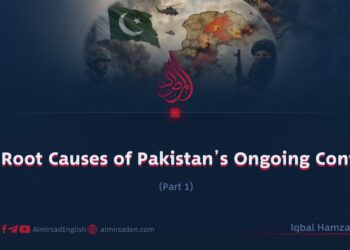Part 4
Author: Mufti Bashir Ahmad Muhajir
Imam Sufyān ath-Thawri (رحمه الله), expressed in an Arabic poem:
يا رجالَ العلمِ ویامِلْحَ البلدِ
مَنْ یُصْلِحُ المِلْحَ اِذا الملحُ فَسَدَ
Translation: “O people of knowledge, O salt of the city, Who will rectify the salt if the salt itself is corrupted?”
Explanation of the Poem:
Sufyan al-Thawri (may Allah have mercy on him) emphasizes that scholars are like the “salt” of the city, holding a high rank among both common people and rulers. If this “salt” becomes corrupted, then who will guide the people toward the right path?
Imam Abu Hamid al-Ghazali, a prominent scholar and mujaddid (a reviver of Islam) in the fifth Islamic century, wrote:
Corruption spreads among the people when the rulers become corrupt, and rulers become corrupt when the scholars themselves are corrupted; thus, if the Muslim Ummah seeks progress, it must entrust its leadership to pious scholars and righteous rulers. The outcome of such leadership will be progress and excellent service to Islam.
Internal Disputes Within the Muslim Ummah
Internal disputes are one of the primary causes for the decline of the Muslim Ummah. Disunity results in division, and such division undermines a robust community, despite its considerable numbers and substantial manpower.
The Messenger of Allah (ﷺ) said:
عن عبدالله بن عباس قال، قال رسول الله صلی الله علیه وسلم: افترقتِ اليهودُ على إحدَى وسبعينَ فرقةً، وافترقتِ النصارَى على اثنتَينِ وسبعينَ فرقةً، وستفترقُ هذه الأمةُ على ثلاثٍ وسبعينَ فرقةً كلُّها في النارِ إلا واحدةً، قيل: من هي يا رسولَ اللهِ؟ فقال صلَّى اللهُ عليهِ وسلَّمَ: مَن كان على مِثلِ ما أنا عليه وأصحابِي.
Translation:
“The Jews were divided into 71 sects, and the Christians into 72 sects. This Ummah will be divided into 73 sects, all of which will be in the Fire except one.”
It was asked, “Who are they, O Messenger of Allah?” He (ﷺ) replied, “Those who follow what I and my companions are upon.”
(Narrated by Abdullah ibn Abbas, رضي الله عنه)
Modern-Day Disputes in the Muslim Ummah
Today, various forms of disputes have arisen in the Muslim Ummah, such as:
1. In the name of sects and beliefs.
2. In the name of ethnicity and tribalism.
3. In the name of ideologies and schools of thought.
These disputes have ignited the fire of envy and prejudice among the Muslim Ummah. As a result, a Muslim often remains indifferent to the suffering of another.
This is in stark contrast to the teaching of the Prophet Muhammad (ﷺ), who said:
“Believers are like brothers to one another. They are like one body; if one part of the body is in pain, the whole body feels the pain.”
Unfortunately, with deep regret, we observe that today, the Muslim Ummah has reached a state where not only do they refrain from helping one another, but they also fail to share in each other’s grief.













